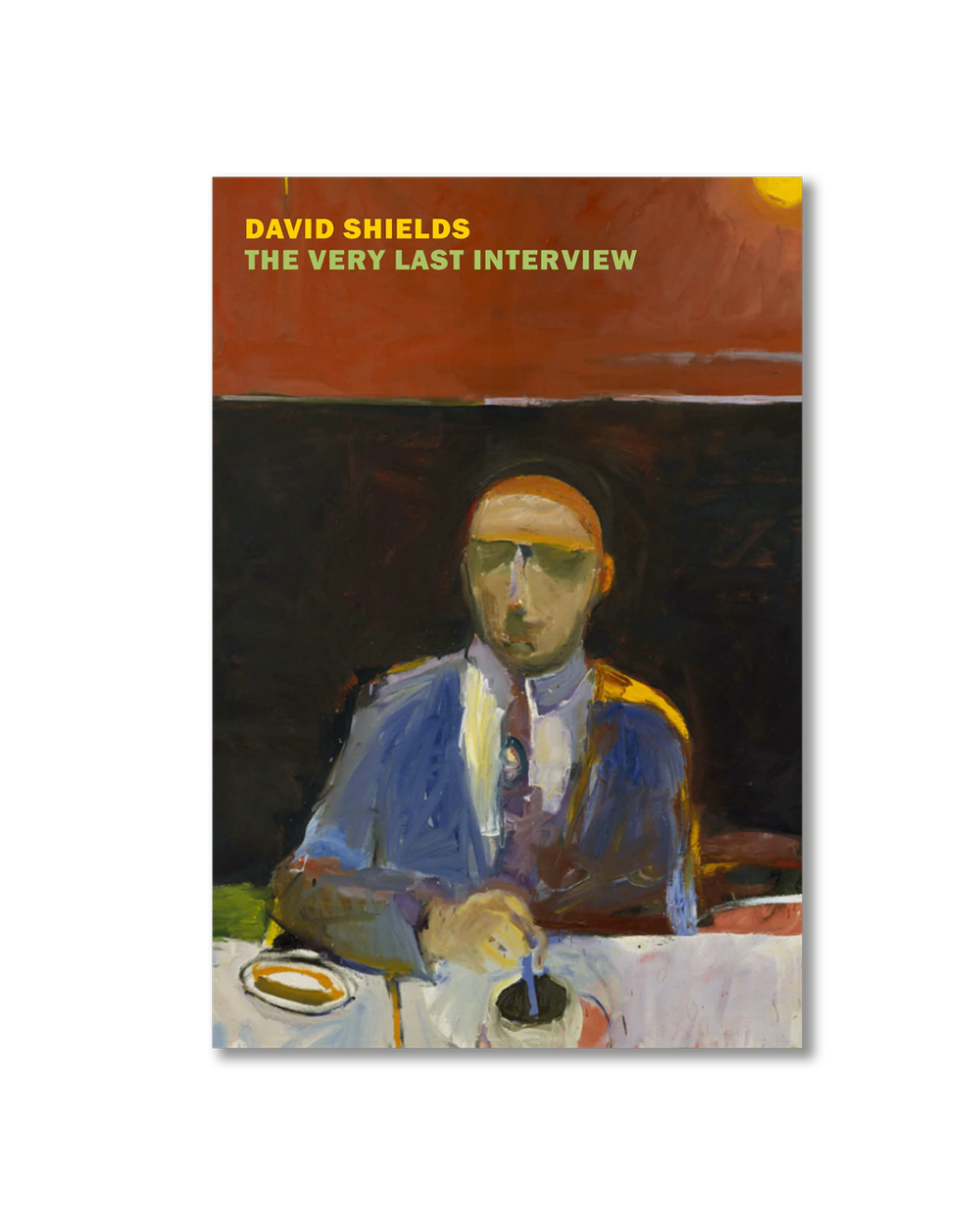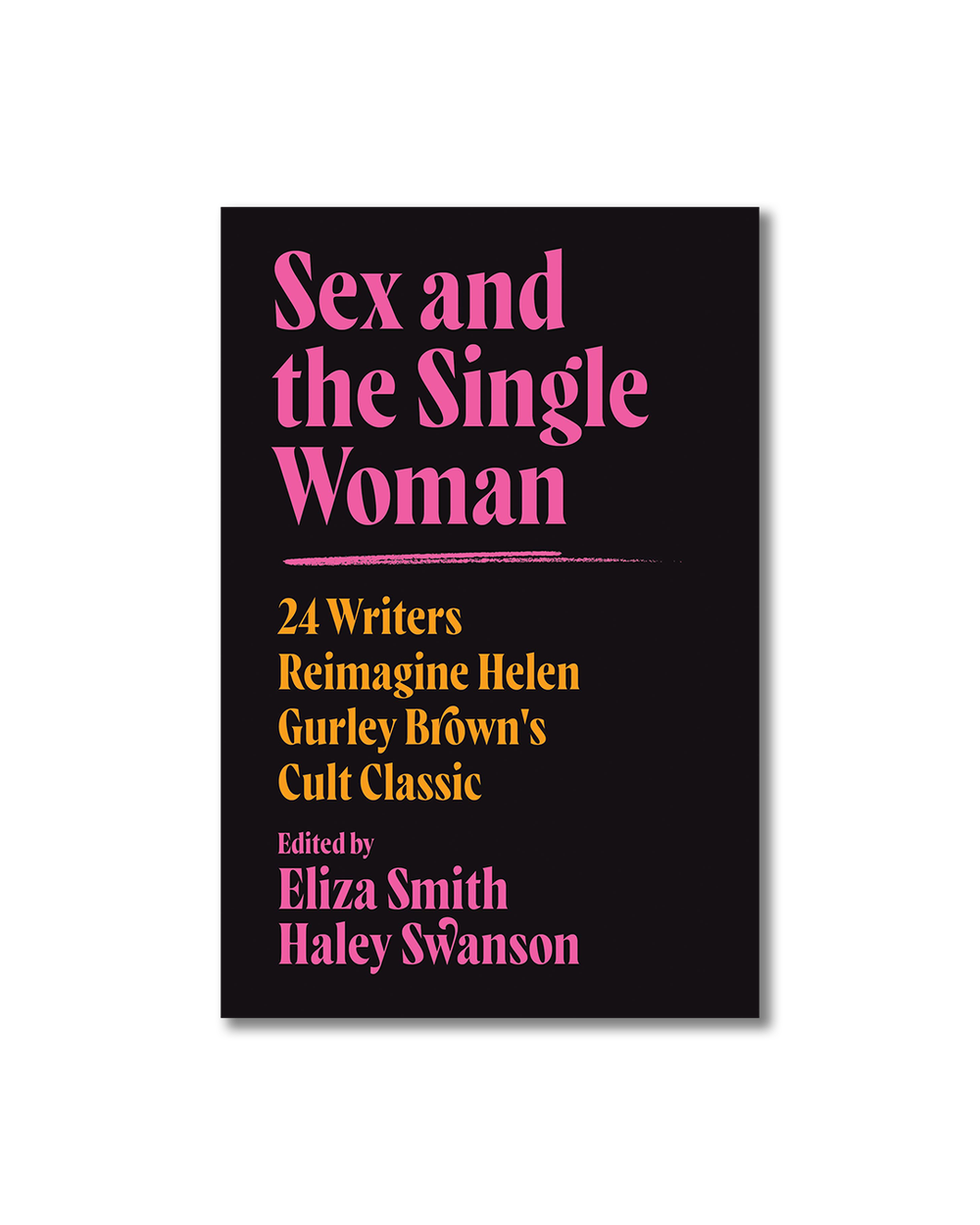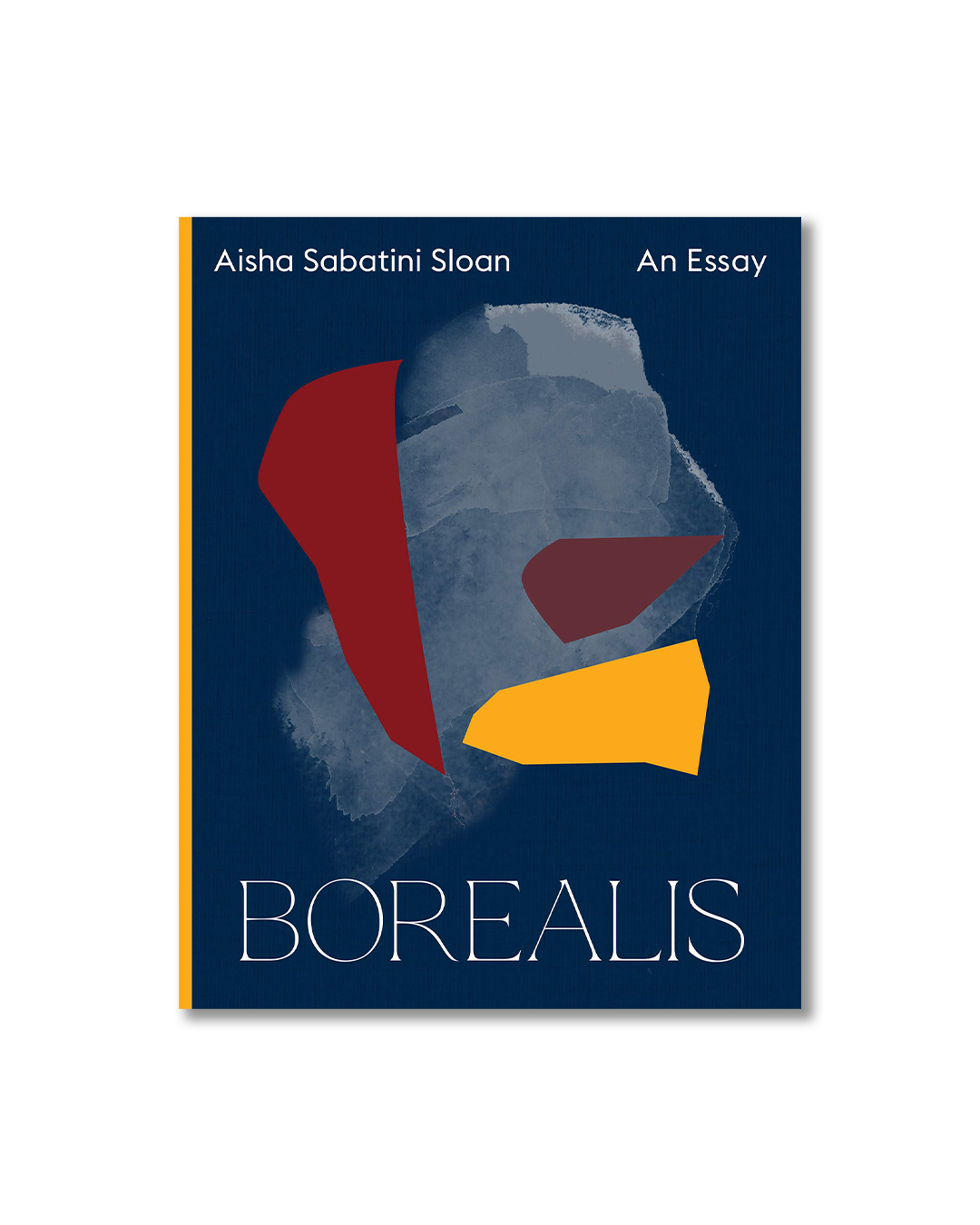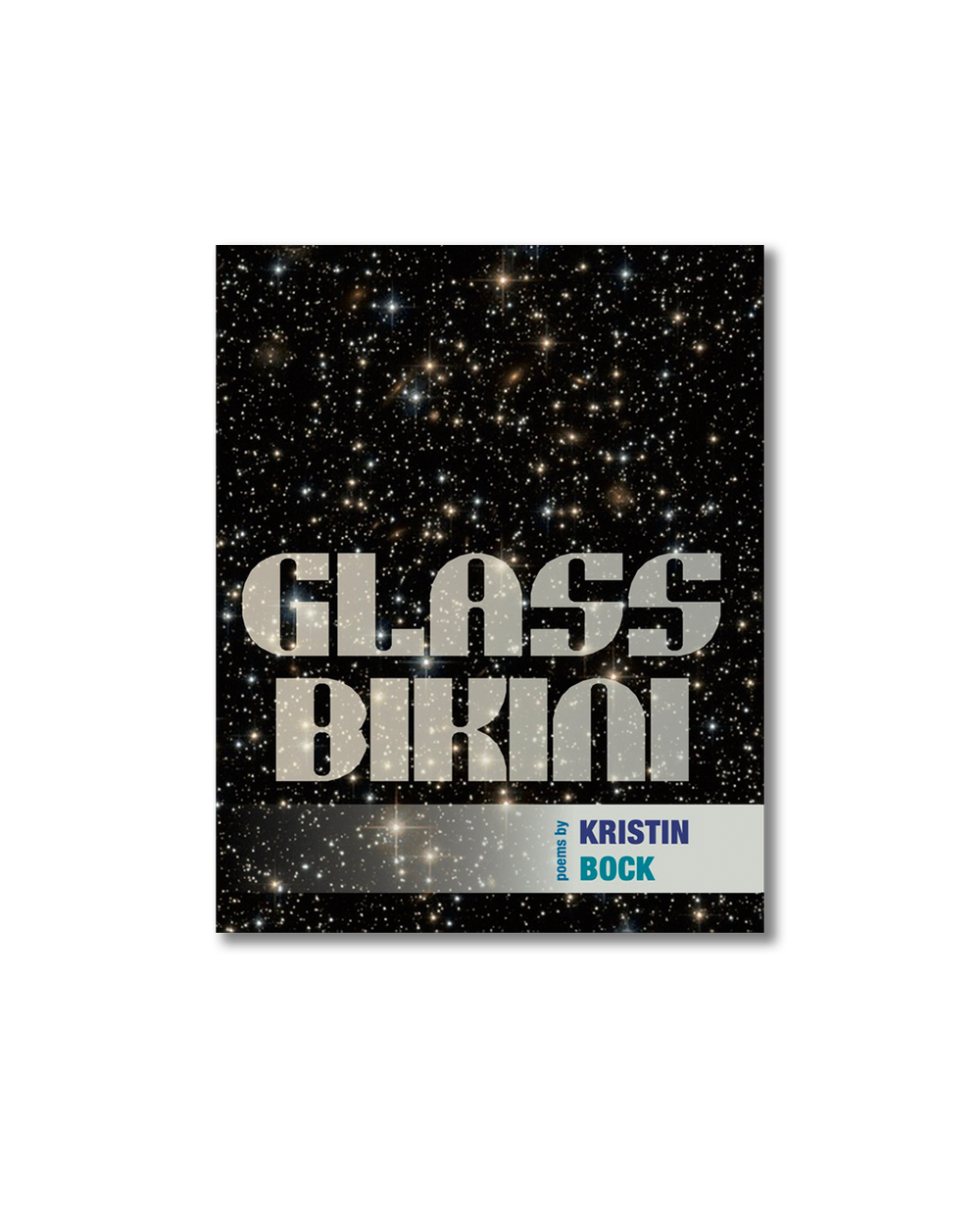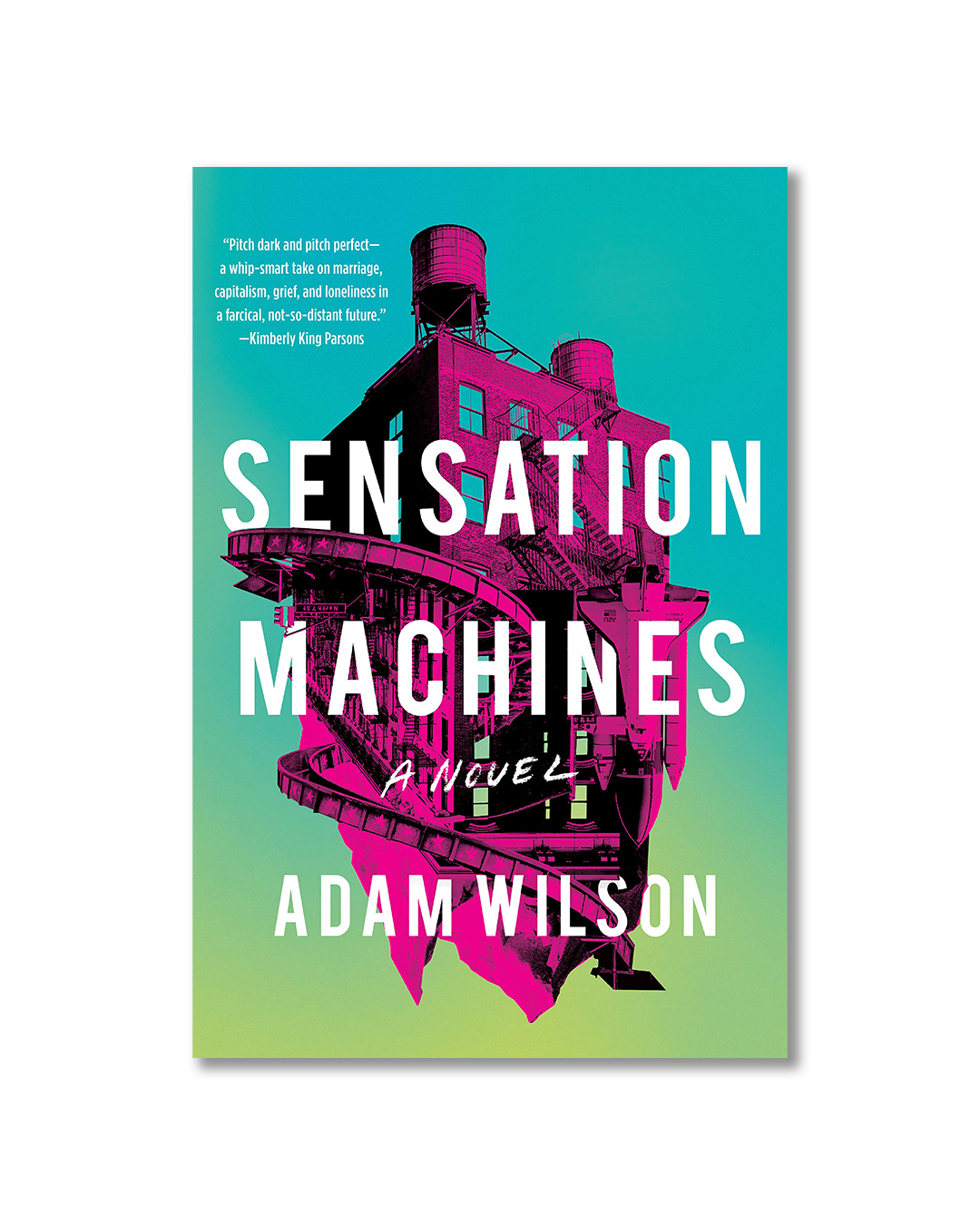Wildness and Heat: On Andrea Abreu’s “Dogs of Summer”
You might want to avoid reading Andrea Abreu’s gloriously visceral Dogs of Summer around meal times.
“I could escape into my ambition”: On Emi Nietfeld’s “Acceptance”
In recent years, non-fiction publishing trends have graced the earth’s commuters with a steady diet of proto-political memoirs from authors who rose from economic instability to occupy more-or-less esteemed positions in professional society.
Writing for the Future: On Melissa Febos’ “Body Work”
Imagine this. You’re six, and you’re playing in the sand pit arranging piles of grainy earth into neat, abstract pyramids.
Dogged and Flawed: On Garrett Stack’s “Yeoman's Work”
Garrett Stack’s debut collection of poetry, Yeoman’s Work, paints the world of the working-class using all the hues of a blue-collar pallet.
Keeping the Negative: On Ann Marks’ “Vivian Maier Developed”
If I write that Vivian Maier was a photographer, you'll misunderstand.
Haldane’s Demand: On Zain Khalid's "Brother Alive"
We’re in someone’s kitchen; a kid is sitting on the floor.
The Blurred Man: On David Shields' "The Very Last Interview"
The cover of David Shields’ The Very Last Interview features a blurred man in a suit and tie, his skin an inhuman green.
Universe of Pointless Terror: On László Krasznahorkai's "Chasing Homer"
Chasing Homer by László Krasznahorkai is a novella that defies and transcends summarization.
The Necessarily Unadorned: On Frank Bidart's "Against Silence"
Explicit vulnerability in the face of great evil renders the vulnerable both a target and a champion of resilience against oppression.
The Problem with Advice: On “Sex and the Single Woman”
Can dating advice ever be universal?
Convergence and Departure: On Donatella Di Pietrantonio's "A Sister's Story"
There is perhaps no archetype of sisterly devotion as enduringly popular as Little Women’s March girls.
Little Bomb of Pleasure: On Conor Bracken's "The Enemy of My Enemy Is Me"
“A man can dwell inside a city,” writes Conor Bracken in “Shock & Awe,” “and leave untouched / but what man is there can dwell // within the chambers of another man / and stay himself?”
The Moment You Open the Door: On Kathryn Davis' "Aurelia, Aurélia"
It should come as little surprise to fans of Kathryn Davis that at the beginning of her latest book, Aurelia, Aurélia, she expresses her fondness for both the television series Lost and the middle section of Virginia Woolf’s To The Lighthouse.
Hillbilly LOL-egy: On Cody-Rose Clevidence’s “Aux Arc Trypt Ich”
Cody-Rose Clevidence’s Aux Arc Trypt Ich is a book of three books, a standout achievement in the poet’s relatively brief career of un-relatively prolific output—in addition to two chapbooks, the triptych is the author’s fourth full-length collection, and their third since 2018.
Frozen in Time: On Aisha Sabatini Sloan's "Borealis"
For climate archaeologists, collecting core samples from arctic ice offers a look back in time and a glimpse into an uncertain future.
Longing for Embodied Expression: On Cookie Mueller's "Walking Through Clear Water in a Pool Painted Black"
Cookie Mueller was a writer and artist of many persuasions.
Wild and Cultivated: On Diane Wilson's "The Seed Keeper"
Diane Wilson’s The Seed Keeper is prefaced with the poem “The Seeds Speak,” told from the perspective of stored seeds.
Stratigraphy of Memory: On Christine Hume's "Saturation Project"
Christine Hume’s experimental autobiography Saturation Project is about the dissolving of its subject—or maybe, even, The Subject.
What We Are Too Frightened to See: On Kristin Bock's "Glass Bikini"
In Leviathan, Thomas Hobbes states that human life is “nasty, brutal, and short” because people, left to their own devices, are naturally vicious.
A Drone Flies in Brooklyn: On Adam Wilson's "Sensation Machines"
“There’s a long version and a short version of how I lost all my money,” says Michael Mixner, the male protagonist in Adam Wilson’s Sensation Machines, 44 pages into the author’s latest novel.







